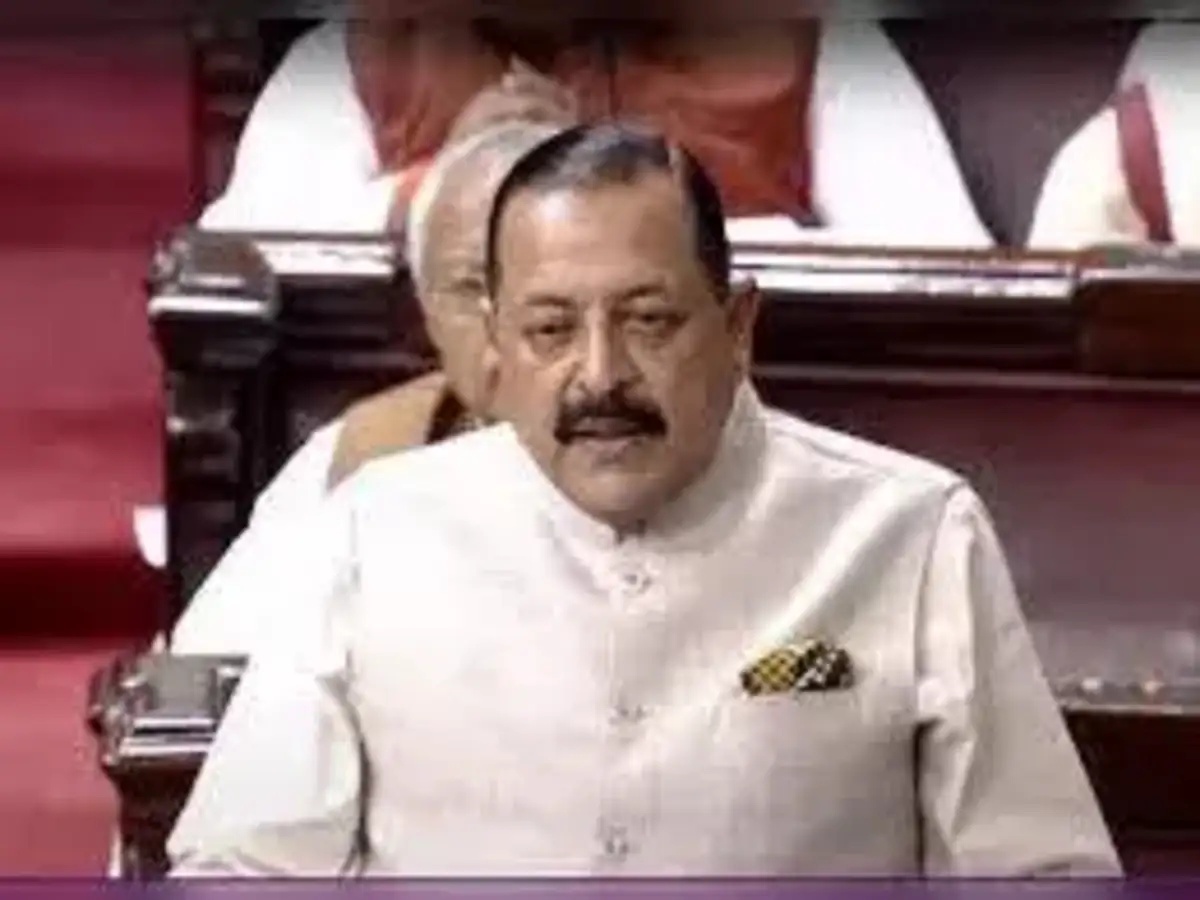
Leave Benefits for Central Government Employees
India’s Central Government employees are now granted flexibility to balance personal responsibilities with professional duties, as clarified by Union Minister of State for Personnel Jitendra Singh. During a parliamentary session, Singh addressed concerns about leave provisions for employees needing to care for elderly parents. The Central Civil Services (Leave) Rules, 1972, were cited as the legal framework enabling this benefit. These rules mandate 30 days of earned leave annually, alongside 20 days of half pay leave, eight days of casual leave, and two days of restricted holidays. Crucially, these leave types can be utilized for any personal reason, including caregiving for aging family members. This clarification underscores the government’s recognition of evolving employee needs and the importance of work-life balance in public sector roles.
Flexibility in Leave Utilization
The minister’s response emphasized that the existing leave structure is designed to accommodate a wide range of personal circumstances. While the rules do not explicitly mention caregiving for elderly parents, Singh clarified that the broad definition of ‘personal reasons’ allows employees to leverage their accrued leave for such purposes. This interpretation aligns with the broader trend of governments revising labor policies to address demographic shifts, such as an aging population and the rising burden of elder care. By framing caregiving as a valid use of leave, the government aims to support employees in fulfilling familial obligations without compromising their professional commitments. This approach also seeks to enhance employee retention and morale within the public sector.
Implications for Work-Life Balance
The revised leave policy represents a significant step toward promoting work-life balance for Central Government employees. In an era where work demands often conflict with personal responsibilities, this flexibility can alleviate stress and improve overall job satisfaction. For employees with caregiving duties, the ability to take time off without jeopardizing their career progression is a critical factor in maintaining productivity and well-being. Additionally, this policy may encourage a more inclusive workplace culture, where employees feel supported in managing both professional and personal challenges. However, the success of this initiative will depend on effective implementation and clear communication to ensure employees understand their rights under the updated framework.
Broader Context of Government Employee Benefits
While the focus here is on caregiving leave, the Central Government’s approach reflects a broader effort to modernize labor policies. Many state governments have already introduced similar provisions, with categories like Andhra Pradesh and Maharashtra State Government Employees benefiting from tailored leave policies. The inclusion of caregiving as a valid reason for leave also aligns with global trends toward more flexible work arrangements. However, challenges remain in ensuring equitable access to these benefits across all regions and sectors. As the government continues to refine its policies, the emphasis on work-life balance is likely to grow, driven by both demographic changes and evolving employee expectations.
Public Reaction and Future Outlook
The announcement has been met with positive responses from various stakeholders, including employees and labor advocates. Many view the policy as a necessary adjustment to outdated labor frameworks, which previously failed to account for the complexities of modern family life. However, some critics argue that more comprehensive reforms are needed, such as dedicated caregiving leave or financial support for elderly care. As the government reviews its policies, the focus on caregiving leave may serve as a catalyst for broader changes in how public sector employees are supported. This shift could ultimately enhance workforce stability and productivity while promoting a more compassionate and inclusive work environment.




